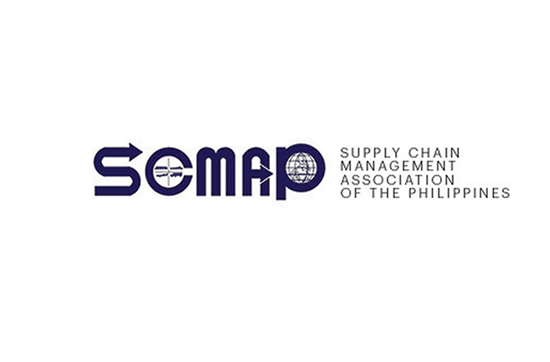As I read about how differently various countries are faring in the fight against COVID-19—of how rich countries are able to inoculate their populations faster because they have secured most available doses of various vaccines quickly, while poor countries are left waiting for scraps while dealing with surges in fatalities, like in India—I remember one of the main thrusts of the current government.
One of the vows of the Duterte administration is to ensure equitable growth across the Philippines, acknowledging that almost half of the economy—and thus a huge chunk of current investment—is concentrated in Metro Manila. Most of its initiatives can be seen through this perspective. Some of them, like the proposal to shift to a federal form of government, have been non-starters. Others, like an aggressive infrastructure program, have been more successful.
Of course, ensuring equitable growth is a long-term game, one that cannot (and should not) be finished by the middle of 2022. Reaching this goal requires collaboration between government, industry and ordinary citizens alike. That said, the government’s recent thrusts towards this goal are commendable. It’s a shame that COVID-19 has pretty much put all of these on the back burner, as we scramble to, to put it bluntly, get out of this pandemic alive.
It’s also frustrating how the pandemic has arguably set our progress back in this aspect. The government’s approach has been to mostly leave implementation of lockdown measures to local authorities. Some have proven to be more capable than others, and chances are, those who are faring better are backed by greater resources. Sure, it also happens that it’s these areas—highly urbanized regions where people live, work and have fun—that have been hit the hardest. But the blanket regulations—and the differing implementations—mean that the impact of the pandemic remains disproportionate. Those people in hard-to-reach areas that, say, haven’t seen a lot of cases may still be hampered by regulations that prevent them from going beyond their borders for opportunities.
We should also look at how government should respond to the COVID-19 pandemic through the lens of its goal of equitable growth. One low-hanging fruit—although it is not, by any means, a quick win—is to sort out the distribution of the vaccine. Yes, we know that this is dependent on available supply. As of this writing the Department of Health reports it has distributed 98% of all available doses; only 320,000 Filipinos have been fully vaccinated. Even the government has begun revising down its already ambitious vaccination targets in light of new surges of the disease in India.
But once we secure our supplies—we expect this to happen once new doses of Moderna, Sputnik V and AstraZeneca enter the mix—we should make sure that everyone, especially those in far-flung areas, gets them as soon as possible. As it stands, you have a better chance of getting vaccinated earlier if you live in a rich city or work in a company that has secured doses either through the government or through private initiatives. Otherwise, you’re at the mercy of a system that doesn’t quite know how to reach you just yet. The longer you wait, the longer you are uncertain, and the longer you are unable to really grasp those economic opportunities. The longer for all of us, really; while some are vaccinated we seem to be waiting for everyone to get their jabs before we can confidently take those next steps forward.
Of course, ensuring equitable economic growth isn’t all about the vaccines. On the pandemic level, it’s also about catching every case and ensuring it is taken care of, which means proper testing and tracing, boosting capacity, and ensuring your health workers are compensated well. Get this handled, and you can reopen the economy without fear of having to go back to ECQ. On a larger scale, continuing critical infrastructure projects that will ensure equitable growth in the longterm is key. Apart from keeping the economy going, it ensures our progress is not delayed, or worse, reversed. Thankfully this is the case in Manila; I hope this is the case elsewhere. How else can other regions be ready for the so-called “new normal” if they still can’t get a taste of the action, much more lure such action to their side permanently?
The pandemic has been frustrating, to say the least, and on a human scale it feels like there is no end to this. Again, we can only do so much. The government has to really step up its game. In our last column we mentioned how industry roadmaps help provide a vision stakeholders can work towards. Perhaps the government can take a page from its own plans and approach the pandemic through a goal of equitable growth. Perhaps it can take this opportunity to redress the imbalance that has been of significant proportion for decades. I hope that isn’t too much to ask, considering how stretched we all have been in the past fourteen months.
SCMAP Live: Our series of free online events returns on May 20, as we revisit health and wellness in the workplace. More information on becoming a delegate or sponsor is on our website, scmap.org.
Henrik Batallones is the marketing and communications director of SCMAP, and editor-in-chief of its official publication, Supply Chain Philippines. More information about SCMAP is available at scmap.org.





